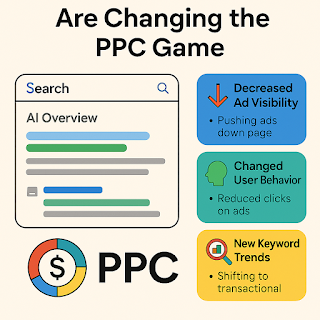Artificial intelligence (AI) has undoubtedly become one of the most exciting and rapidly evolving fields in the world. With advancements in technology, AI has the potential to revolutionize various industries, including healthcare, finance, and transportation.
As AI readers, it is crucial to delve deeper into the relationship between AI and human intelligence.
Human intelligence, often referred to as general intelligence, is the cognitive ability of humans to learn, understand, and apply knowledge. It encompasses various aspects such as problem-solving, reasoning, creativity, and emotional intelligence.
AI, on the other hand, refers to the development of computer systems that can perform tasks requiring human intelligence.
While AI has made significant strides in mimicking human intelligence, it is important to remember that it is still far from achieving true human-level intelligence. The current state of AI is based on narrow intelligence, where systems are designed to excel in specific tasks but lack the versatility and adaptability of human intelligence.
One of the key differences between AI and human intelligence is the ability to understand context. Human intelligence allows us to understand the nuances and subtleties of language, culture, and social interactions. AI, however, struggles to comprehend context beyond what is explicitly programmed or trained. This limitation poses challenges, particularly in fields where context plays a vital role, such as natural language processing and sentiment analysis.
Another aspect where human intelligence outshines AI is in creativity. Human beings have an innate ability to think creatively, generate new ideas, and find innovative solutions to complex problems. While AI systems can generate outputs based on patterns and existing data, they often lack the ingenuity and imagination that humans possess.
Creative endeavors such as art, music, and literature remain largely within the realm of human intelligence.
Emotional intelligence is yet another area where AI falls short. Human intelligence includes the ability to recognize and understand emotions, both in oneself and in others.
Empathy, compassion, and emotional connections are fundamental aspects of human interaction. AI, as it stands, lacks the capacity to truly grasp and respond to human emotions, making it less capable of providing the same level of support and understanding as a human being.
However, it is essential to recognize the immense potential of AI. While it may not replicate human intelligence entirely, AI can complement and augment human capabilities.
AI systems can process vast amounts of data quickly, identify patterns, and make predictions with a high degree of accuracy. This can be immensely valuable in fields such as healthcare, where AI-powered diagnostic systems can assist doctors in making more accurate diagnoses and treatment plans.
In conclusion, AI and human intelligence are distinct but interconnected domains. While AI has made remarkable progress in replicating certain aspects of human intelligence, it still falls short in many areas.
The ability to understand context, think creatively, and comprehend emotions are traits unique to human intelligence.
Nonetheless, AI has the potential to enhance human capabilities and revolutionize various industries. As AI readers, it is crucial to stay informed about the advancements and limitations of AI, in order to fully comprehend its impact on society and the future.


.jpeg)